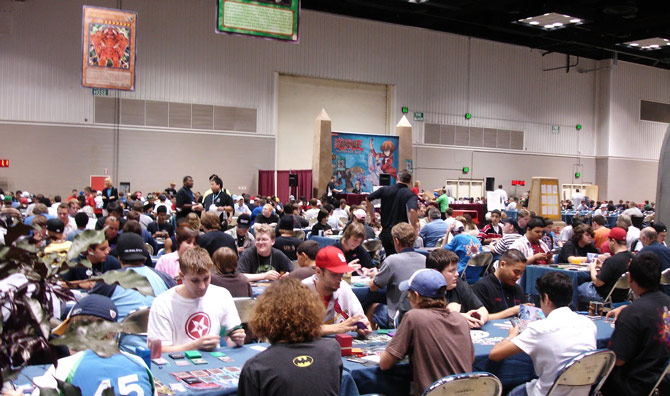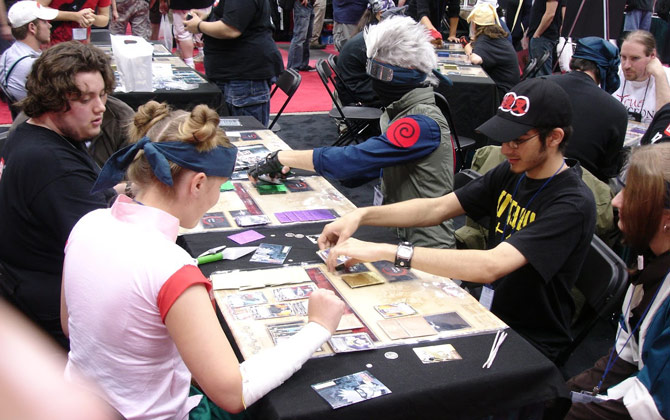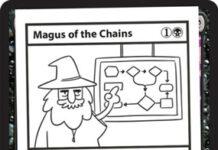Back in the mid 2000’s as a Pokemon and Yugioh player, there were stereotypes that people who went to TCG events were less socially adjusted and unpopular. They obsessively played games and put less attention into their hygiene/appearance, etc. In some instances, there’s a shred of truth in that, but I try not to generalize.
In high school, there was emphasis on your social identity, clique and conforming. Some people felt like they needed to hide their quirks and nerdy hobbies to fit in. But things change.
- College was less centralized; there were TCG/gaming groups; people found their niches and were less concerned about pleasing everyone.
- Gaming in general has gone from a niche interest to mainstream, and its reached many demographics, so maybe this is less of a factor in high schools today.
- People mature as they get older. They’re too busy living their life to care about yours. You’re too busy living your life to care about their judgments.

Before judging some of the people who go to TCG events, keep in mind that they may have autism/aspergers or other neurodivergencies. And they may be improving a lot. Maybe they’re a lot better now than they were 3 years ago. That person decided to go to a place with a real-life social event instead of only playing games at home alone; they’re making progress.
Why are games so appealing to people who are introverts, on the spectrum or have social difficulty? Because they’re consistent systems. They have clearly stated rules and objectives. You know what the consequences of your actions are (rewards, punishments). You know that if you do something as you’re instructed to do, that you’ll always get that outcome.
But real-life social interactions have a lot of ambiguity, complexity and nuance.
- Different people have different preferences, boundaries, interests – What works with one person won’t necessarily work with another.
- Even interactions with the same person can be different depending on their mood, what’s on their mind or what’s going on in their life that particular day.
- There’s not really a manual or rulebook on how to socialize – like there are in games – you just learn it through trial and error.
Games with real life communities can be that gateway; you can start with enjoying the game and then work into developing friendships. For me, local TCG’s helped me develop and mature a lot.

At some point, I noticed myself relating less to a portion of the TCG as I got into other interests:
- Some people mostly only talked about TCG’s or video games. They had a much more limited range of discussion on other topics. They didn’t really talk about other hobbies; and didn’t have much to say about life topics (i.e. friends, school/work, family, relationships, etc.)
- Some people got extremely passionate and angry when it came to discussions about TCG’s (ban lists, which cards/decks are healthy/degenerate, etc.). As if it were the biggest issue in the world, when it’s not even in my top 100 concerns.
Nonetheless, TCG’s were a crucial part of my development as a person. And even if I don’t go to them much now, they still had an important place.



